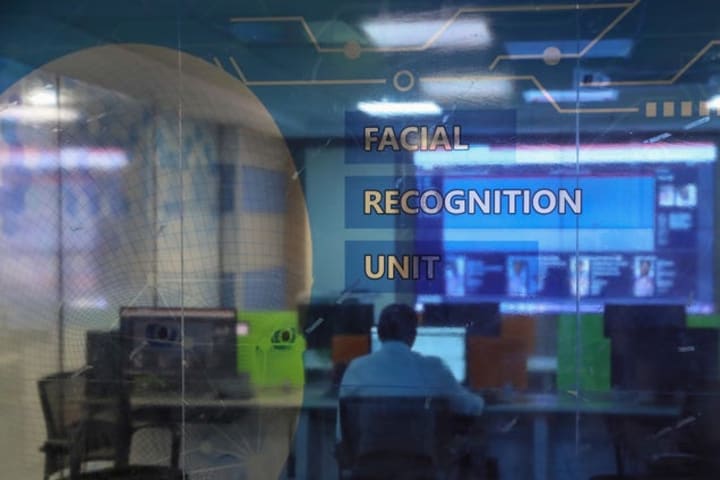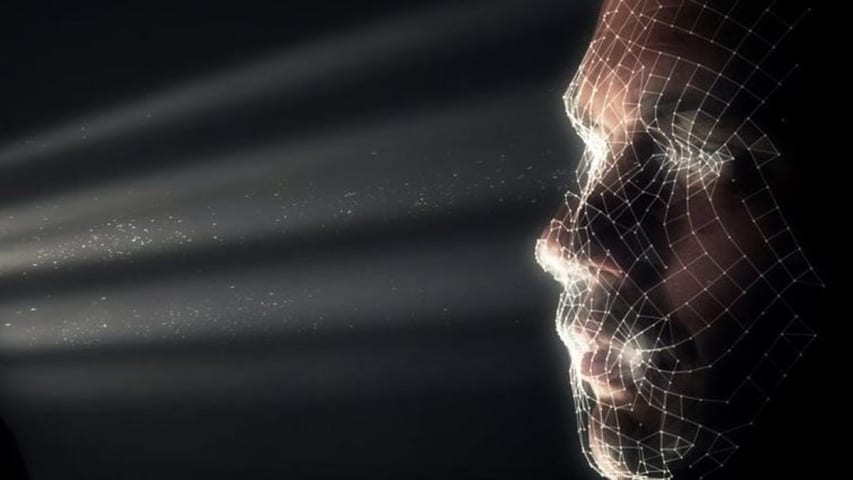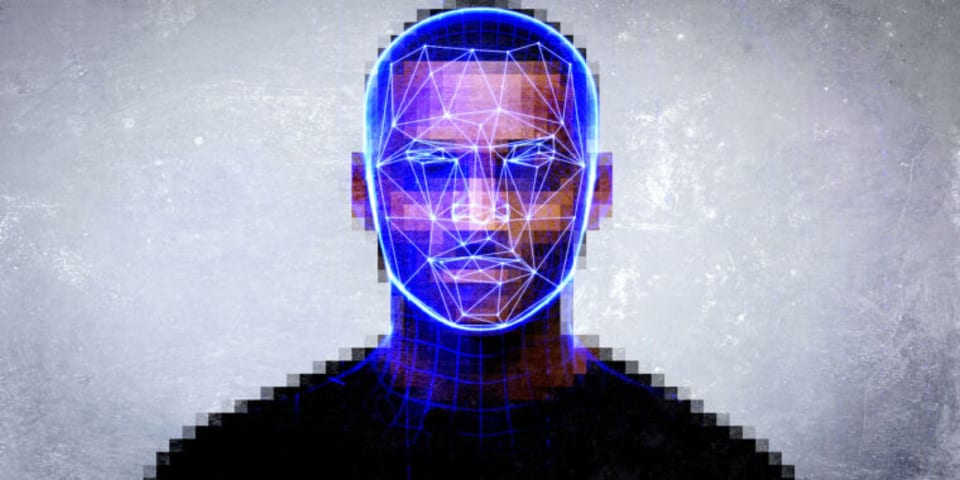Incident 440: Louisiana Police Wrongfully Arrested Black Man Using False Face Match
Entities
View all entitiesIncident Stats
Incident Reports
Reports Timeline

- View the original report at its source
- View the report at the Internet Archive
Technology has given police vast reach to compare the faces of criminal suspects against a trove of mug shots, driver’s licenses, and even selfies plucked from social media.
But a recent attempt by the Jefferson Parish Sheriff’s Office to n…

- View the original report at its source
- View the report at the Internet Archive
NEW ORLEANS (AP) — Louisiana authorities’ use of facial recognition technology led to the mistaken-identity arrest of a Georgia man on a fugitive warrant, an attorney said in a case that renews attention to racial disparities in the use of …

- View the original report at its source
- View the report at the Internet Archive
A Georgia man was falsely arrested in November after Louisiana officers used a facial recognition tool to identify him as a fugitive, according to The Associated Press. Significant differences in facial features and weight led to the man be…

- View the original report at its source
- View the report at the Internet Archive
Randall Reid says he’s never even been to Louisiana, much less stolen $10,000 worth of Chanel and Louis Vuitton handbags there. That didn’t stop police from arresting the 28-year-old Georgia resident for the theft, committed in a New Orlean…

- View the original report at its source
- View the report at the Internet Archive
Police in Louisiana reportedly relied on an incorrect facial recognition match to secure warrants to arrest a Black man for thefts he did not commit.
Randal Reid, 28, was in jail for almost a week after the false match led to his arrest, ac…

- View the original report at its source
- View the report at the Internet Archive
This is always going to be a thing with facial recognition. Hundreds of algorithms have been tested. Pretty much every single one does worse “recognizing” minorities than it does recognizing the predominant deployers of facial recognition t…





